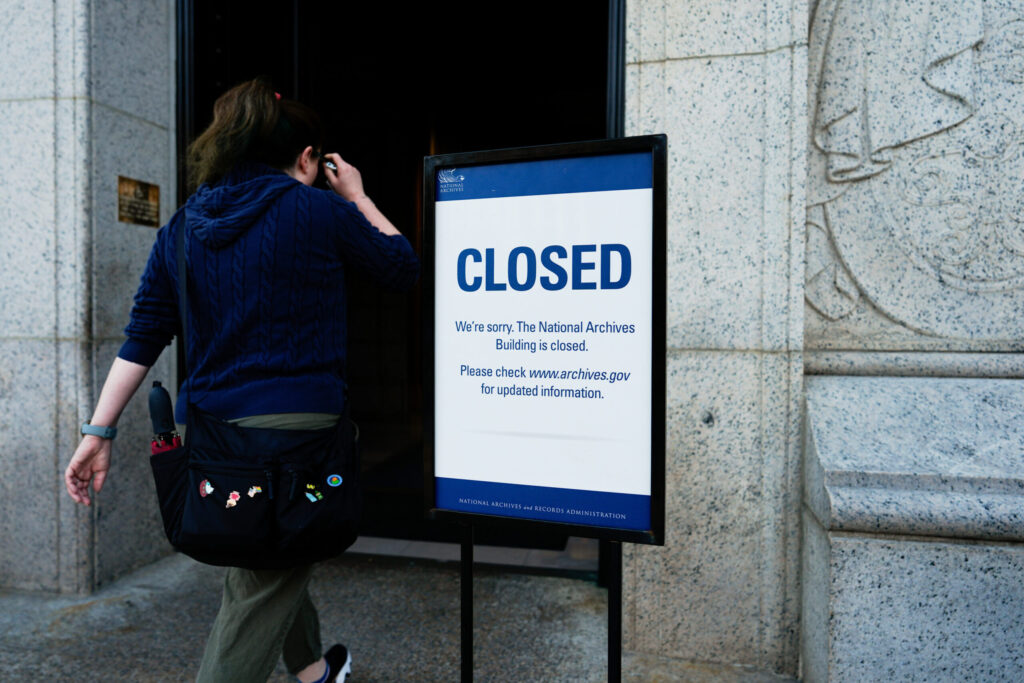Legislative leaders look past Trump election year partisanship, set groundwork to get things done
In the wake of this year’s long, fractious election season, Colorado’s new legislative leaders say they are looking forward to a productive lawmaking session next year at the Capitol, to which swing-state Colorado voters are again sending a divided Legislature – a Democratic House and Republican Senate.
Sources at the Capitol, including top House and Senate leaders, believe the coming first session of the 71st General Assembly will host debate less encumbered by election year-style ideological posturing. Some also believe deals will be struck to make progress on big-ticket public interest issues that have hung over the Legislature unresolved for years – issues such as transportation development and affordable-housing-related construction defects reform.
Newly elected Senate President Kevin Grantham (R-Canon City) said he and newly elected House Speaker Crisanta Duran (D-Denver) have been engaged in productive conversation on the coming session already “for quite a while.”
“We’re working to get the conversation going about transportation funding. We have the same goals, even if we have dramatically different approaches on how to achieve them,” he told The Colorado Statesman.
“Of course, they’re Democrats and we’re Republicans,” he added. “There’s a dog and cat, cat and dog relationship. That doesn’t change, but a lot depends on relationships, and Crisanta and I, we have a good relationship. I think we trust each other. I don’t want to speak for past leadership, but I think this year, maybe there’s new opportunity.”
Last January, even before the legislative session began, leadership in the House and Senate were squaring off over a plan to boost general fund revenue by reworking the state’s hospital provider fee. For the four-month duration of the session, Democrats led by House Speaker Dickey Lee Hullinghorst pushed the plan and Republicans led by Senate President Bill Cadman resisted it. Both sides rallied outside interests for support, and ideological antagonisms spun web-like into far corners of legislative debate.
Newly elected House Majority Leader KC Becker (D-Boulder) conceded that partisan-charged federal politics would affect policymaking in Colorado, but she said she thought legislative leaders were already laying groundwork that would dilute anti-productive pressure.
“We’re already working together. Good talks are underway and both sides are already looking mainly to address central needs in the state,” she said.
The positive assessments fly in the face of reports last month that followed from the election of hardline Rep. Patrick Neville (R-Castle Rock) as House minority leader. House GOP caucus members had signaled early support for Neville, which spurred more moderate and experienced legislative leader Rep. Polly Lawrence (R-Littleton) to back out of the running.
The Denver Post sounded alarm bells.
“Donald Trump’s landmark victory provoked a shift in Colorado’s political order,” wrote Capitol reporter John Frank under a headline declaring that Trump’s victory had “spill(ed) over into the Colorado Legislature.”
“When Pennsylvania goes red for the first time since 1984, being bold works,” Neville told the paper.
But Becker took a long view.
“The House Minority Leader and I will have a good working relationship,” she said. “Some bills will die. That’s what happens in a split Legislature. But we’ll focus on things that matter.”
Neville has drawn attention in the two sessions he has spent at the Capitol for championing the kind of caucus bills meant to signal to conservative constituents that legislators share their views – pro-gun rights and anti-abortion bills, for example.
But Neville is one leader among four at the Capitol and, as sources are quick to point out, he will wield the least power among them. His House minority caucus shrunk by three seats this election.
Over in the closely divided Senate, this will be Sen. Lucia Guzman’s second term as minority leader.
Speaker Duran and President Grantham will direct the action.
Sources said that, in choosing out of the gate to pursue issues that all sides agree need addressing, the two lawmakers may be drawing on their past experience each as members of the powerful Joint Budget Committee. The six-member bipartisan JBC is tasked every year with writing the state budget – a no-excuses Rubik’s Cube of a job that depends on compromise and reasoned debate and that fosters empathetic relationships among committee members.
Sources also note that Grantham signaled he wasn’t interested in running for majority leader in the Senate, traditionally a more partisan position than the chamber presidency. That job will fall to Sen. Chris Holbert, who is to many an unfailing conservative, but not a bomb thrower.
“I think the top leaders this year know how to negotiate and that negotiating in good faith is the only way to get things done in a split Legislature,” said a Capitol staffer. “On that score, I think we’re off to a good start.”
New Legislative Leaders
Senate
President Kevin Grantham (R-Canon City), President Pro Tem Jerry Sonnenberg (R-Sterling)
Majority Leader Chris Holbert (R-Parker), Assistant Majority Leader Ray Scott (R-Grand Junction), Majority Caucus Chair Vicki Marble (R-Fort Collins)
House
Speaker Crisanta Duran (D-Denver), Majority Leader KC Becker (D-Boulder), Assistant Majority Leader Alec Garnett (D-Denver), Majority Caucus Chair Daneya Esgar (D-Pueblo)
Minority Leader Patrick Neville (R-Castle Rock), Assistant Minority Leader Cole Wist (R-Centennial), Minority Caucus Chair Lori Saine (R-Firestone)











